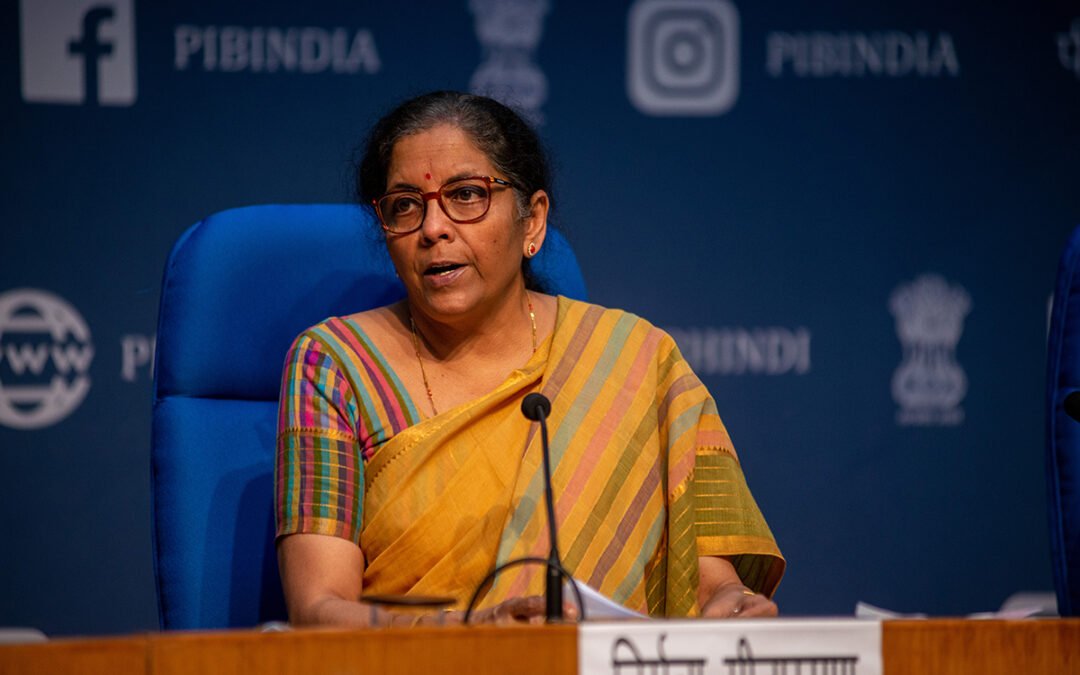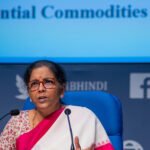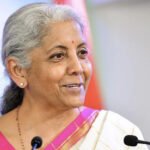Finance Minister Nirmala Sitharaman recently said it is important for multinational businesses to spread out their supply chains rather than depending on one region, pointing out India as an appealing alternative as China emerges from extended economic constraints. However much one might think that supply chains would move out of China, that would not be the case, Nirmala Sitharaman said in her speech to the audience at the Peterson Institute for International Economics in Washington, DC.
The minister stated that a feasible solution might involve a combination of China and other nations. Even if China is now opening up again with the zero-tolerance policy, I still believe there will be a significant amount of manufacturing and investment interest in returning to or re-establishing itself in China. Therefore, expecting that everything will proceed out of China would be unrealistic. The supply chain shock that has taken place, however, justifies the use of multiple locations, and countries like India would be the best in terms of the skill sets that Indians, particularly the younger generation, possess.

Global companies have every reason to invest here and take advantage of the captive domestic market
During the event, Minister Sitharaman stated that the population of India is made up of roughly 27% of those between the ages of 15 and 29. Global companies have every reason to invest here and take advantage of the captive domestic market. She went on to say that some other South East Asian nations might also be making investment pitches. It merely conveys a strong message that the world failed to recognise or decide before. Although cost issues make it difficult in other countries and the cost-benefit analysis makes it possible to focus on one jurisdiction, diversifying your resource basket of the supply chain is a far more smart manner of constantly shifting the business, Minister added.
The Finance Minister is presently in the United States for the G20 conference as well as the spring meetings of the World Bank and International Monetary Fund (IMF). According to the minister, there are distinct issues with how the global green agenda is being advanced. She emphasised that the 100 billion dollars pledged by affluent nations for climate action in developing nations had not yet been met and that India mostly used its budget to achieve its COP21 (Climate Change Conference) pledges made in Paris. The minister emphasized her worry about the carbon border adjustment mechanism, a fee that producers from outside the EU (Europe) will have to pay for the emissions they produce in order to access the European market.

The Finance Minister is presently in the US for the G20 conference as well as the spring meetings of the World Bank and IMF.
The minister also stated her concern that non-green steel would eventually be banned from global trade, which would benefit suppliers in specific areas. Nirmala Sitharaman also remarked that despite tragedies at home, Indians demonstrated resiliency and entrepreneurship in rising to the challenge provided by the pandemic. The government’s community programs, humanitarian efforts, and humanitarian aid also aided in the economic recovery. The minister added that India is prepared for any eventuality because it has received its full quantity of the vaccine as well as booster shots. She also said that India had chosen the path of a free trade agreement. India signed at least three significant agreements between 2019 and the present, and it plans to do the same with the UK, Europe, and Canada. While I’m talking, all three are taking place, and talks are in progress. Particularly, we are advancing bilateral preferential trade deals.


















